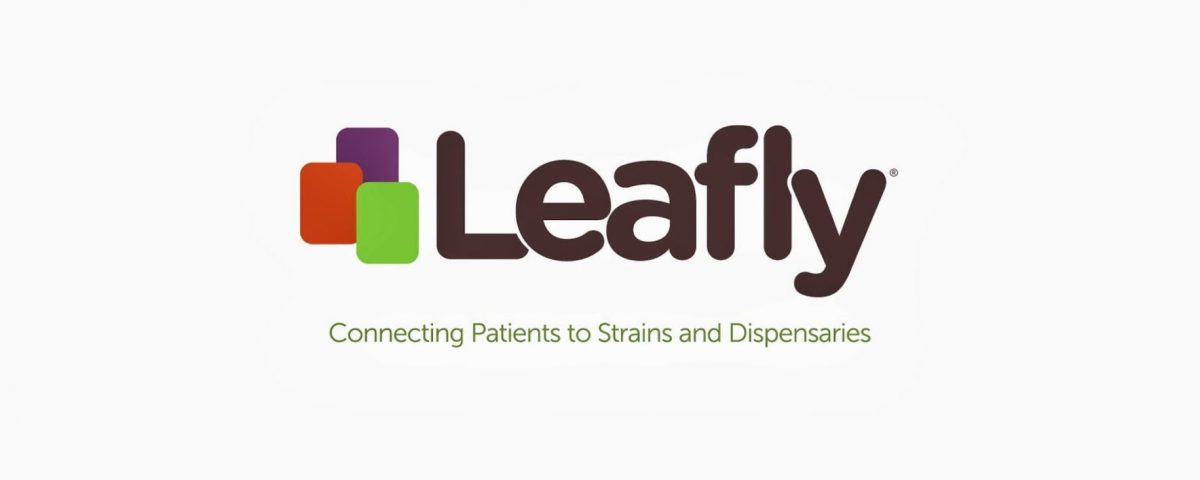Cannabis legalization passing on October 17th means that the Federal Cannabis Act is in full force and that the industry will have to follow extremely strict restrictions when it comes to marketing, branding, and advertising practices.
The goal of these restrictions is to avoid cannabis being exposed to young people. Although that goal is noble on its face, the restrictions that will be in place far exceed what could be considered sensible regulation. This is especially true when you consider how other age prohibited goods, like alcohol, are advertised and promoted nationwide.
Here are some of the most problematic restrictions on the advertising and promotions listed in the Cannabis Act:
Prices
Among the most glaring issues listed in the Cannabis Act is the prohibition against advertising with information about a product’s price, as well as any promotion based on inducement. The price provision essentially means it will be illegal for producers and retailers to advertise the prices for the products they sell.
Prohibiting price advertising will leave consumers unaware of potential sales until after they have actually entered a cannabis retail space, whether that be in person, or online. This significantly limits consumer knowledge and discourages competition which is essential to ensure that consumer demand is appropriately met.
For inducements, it will be illegal for cannabis producers and retailers to have any marketing efforts that offer additional products, accessories, or services with purchase. That means product giveaways, the inclusion of free promotional items, and various other forms of product marketing will be against the law.
This is stricter than how alcohol is treated. Across Canada, consumers can regularly see ads that reveal prices for various products. These advertisements happen whether alcohol is sold by government or private retailers. In addition to that, producers of alcohol are permitted to advertise product giveaways or promotional items that might be included with their products at the point of purchase. For example, many popular beer companies include promotional items like t-shirts, miniature Stanley Cups, and various other “swag” items in their cases of beer. It’s clear that there’s a double standard at play.
Event Sponsorships
The disparity between how the alcohol industry is treated and how the legal cannabis industry will be treated is also evident with the prohibition on event sponsorship. Cannabis companies will not be able to use their branding to promote events or offer event sponsorship for venues or festivals.
The hypocrisy here is that alcohol companies are allowed to provide such sponsorships, while cannabis companies won’t be. All of this begs the question; why can producers of alcohol sponsor events and venues, like Toronto’s Budweiser Stage, while the legal cannabis industry can’t?
Testimonials and Endorsements
The other major issue with the Act is the prohibition on advertising with testimonials or endorsements. In the absence of packaging that promotes therapeutic uses and efficacy–also prohibited–testimonials and endorsements are important tools for consumers because those testimonials put assurance behind a brand and its impact on the user. This is even more important given that many consumers of cannabis will be new to the product, and ultimately uninformed, or ill-informed. Cannabis producers and retailers should be able to convey a product’s desired impact, via testimonial or endorsement, so that consumer knowledge can be enhanced, which ensures consumers make appropriate purchases based on their preferences.
One example of why this is misguided is how we treat advertising for non-prescription medicine. Numerous popular pain medication, allergy, and cold medicine brands regularly advertise their products to the general public and make use of testimonials explaining the drug’s impact and designed use. Again, we have a clear double standard that puts unnecessary and inconsistent restrictions on the legal cannabis industry.
Lifestyle Marketing
The last, and most obnoxious, marketing and branding restriction is the complete prohibition on depicting persons or animals, whether fictional or not. This means that all cannabis marketing or promotion can not have any instances where they depict a person. The goal of this is to prevent lifestyle marketing.
Preventing lifestyle marketing is obviously inconsistent when we look at alcohol marketing in Canada. That said, the ridiculousness of this can be seen in the example of New Brunswick. New Brunswick’s online retail outlet, run by the province, initially depicted a woman doing yoga, and people socializing. Health Canada has now warned the province that they are violating the marketing rules set out by the federal government. Heaven forbid adult cannabis consumers see a picture of an adult doing yoga.
Limiting cannabis exposure to minors is important, however; these restrictions are heavy handed and ultimately hypocritical once the advertising practices of other industries are taken into account. Instead of these inconsistent restrictions, the Federal Government would be better to spend their efforts cracking down on any advertising considered to be false, misleading, or deceptive. For legal products, like cannabis, that is the proper role of government when it comes to consumer protection.
The Federal Government, although legalizing cannabis, appears to be desperately holding on to the remnants of prohibition through these overly restrictive advertising rules. That’s bad for consumers and bad for Canada.
 About CCC
About CCCThe Consumer Choice Center (CCC) empowers consumers to raise their voice in media, the Internet, and on the streets and facilitates activism towards a more empowered consumer. Learning from the successes of its parent organization, Students For Liberty, the CCC will bring the struggle for consumer freedom to the next level.
The CCC represents consumers in over 100 countries across the globe. We monitor closely regulatory trends in Washington, Brussels, Geneva and other hotspots of regulation and inform and activate consumers to fight for #ConsumerChoice.

